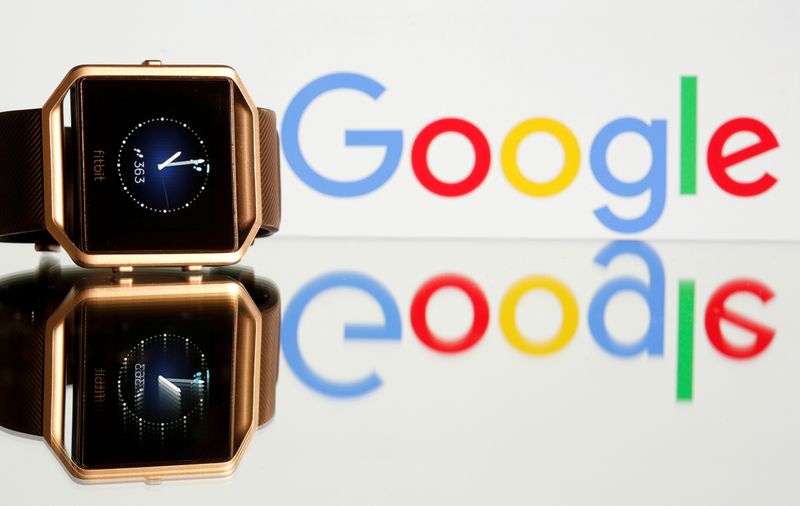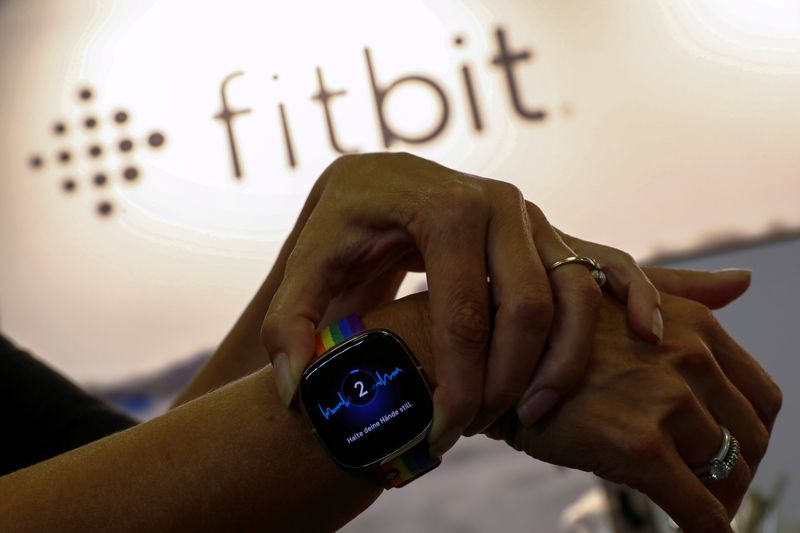By Foo Yun Chee
BRUSSELS (Reuters) - Alphabet (NASDAQ:GOOGL)'s Google won EU antitrust approval on Thursday for its $2.1 billion bid for Fitbit (NYSE:FIT) after agreeing restrictions on how it will use customers' health related data.
The deal had triggered criticism from privacy advocates on both sides of the Atlantic, consumer organisations and Google rivals about the company's market power and the use of people's health data in targeted advertising.
Fitbit, once the leader in the wearable devices market, has lost market share to Apple (NASDAQ:AAPL), Xiaomi (OTC:XIACF), Samsung (KS:005930) and Huawei in recent years.
The European Commission said it had agreed concessions with Google, valid for 10 years with the possibility of another 10-year extension, addressing competition concerns, confirming a Reuters story in October.
Google will store Fitbit user data separately from Google data used for advertising, and will not use data from Fitbit and other wearable devices for Google Ads. Users can decide whether to store their health data in their Google or Fitbit account.
The tech giant will maintain access to users' health and fitness data to software applications through Fitbit Web API software, without charging for access and subject to user consent.
It will continue to provide a free API software license for core functionalities to Android device makers, allowing their gadgets to function with Android smartphones.

Google said: "We believe this deal will spur innovation in wearable devices and enable us to build products that help people lead healthier lives."
